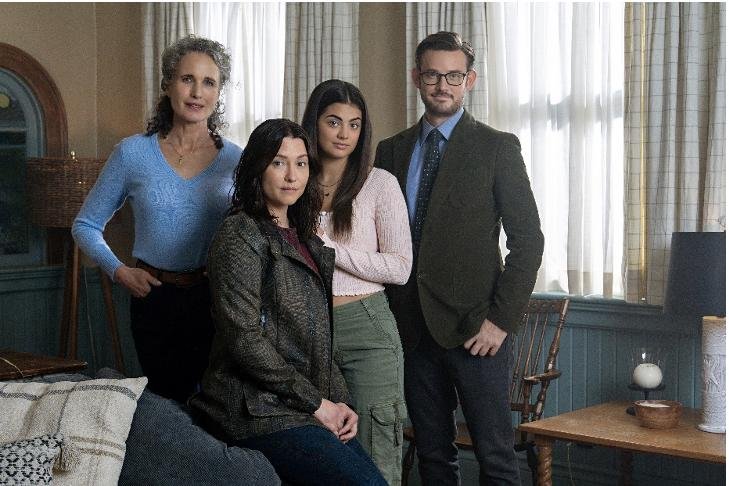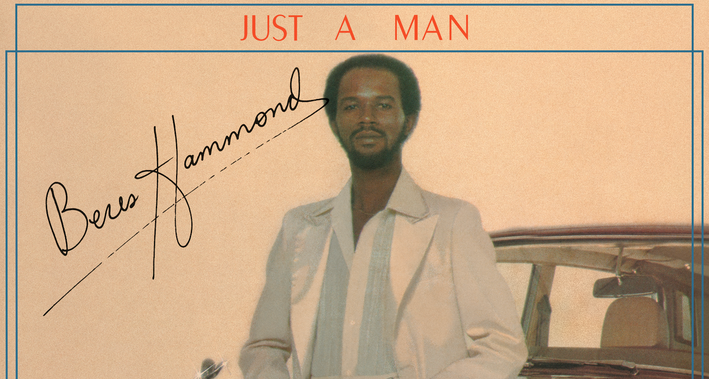To understand death is to understand life, because death is an inevitable step in the journey of life. Many African-American have debts—a mortgage, education or car loans, regardless of whether they have dependents or not. And final expenses can run into the thousands. If something were to happen to the breadwinner of the family, who would be responsible for such debts?
The Black Wall Street was a provocative time in American history that serves as a model and inspiration to many African American communities; unfortunately this experience is not widely known. What took place in Tulsa, Oklahoma was a boom to African–American businesses and its citizens. Because of segregation many African-Americans were forced to do business among themselves; the black spending power which normally would have been channeled outside was forced to circulate among its own community. This external opposition however proved to be an internal opportunity because, as a result, the black community and business district boomed economically.
It’s believed that “over 600 booming businesses such as doctors, lawyers, hotels, restaurants, nightclubs, hospitals, two theaters, schools, a bus line, a bank and General Stores existed in this small black town.� Unfortunately, this brimming economy led to boiling jealousy and soon outsiders burned the community to the ground.
Once again, this time in history can and does serve as a model; it shows the power of the black dollar and how that power can be directed back towards its community; and an influx of wealth can be a direct result; that wealth can then be used to ensure that families are provided for and a strong legacy left in the history of the culture.
Now fortunately, it’s becoming increasingly evident that many African-Americans are embracing the benefits of wealth creation through the risks and rewards of entrepreneurship, sound financial education, and home-ownership. But one area that is often overlooked is life insurance planning. Many African-Americans shy away from discussing life insurance planning for two reasons: (1) It’s difficult to discuss the possibility of one’s premature death (2) The benefits of life insurance are rarely understood.
To understand death is to understand life, because death is an inevitable step in the journey of life. Many African-American have debts—a mortgage, education or car loans, regardless of whether they have dependents or not. And final expenses can run into the thousands. If something were to happen to the breadwinner of the family, who would be responsible for such debts?
To understand the benefits of life insurance and to act on that understanding is the most unselfish thing anyone can give to the people they love and care about. A real peace of mind comes about as the result of knowing that financial affairs are in order. Also life insurance can preserve a generation by giving children the opportunities they deserve in the event of premature death; leaving a strong legacy in the minds of the children we love.
Many people are confused about life insurance and the offerings but there are really only two basic types of life insurance protection: term insurance and permanent insurance. Term insurance provides affordable coverage for a specific number of years. This is often the choice when protection needs are high for a limited period of time and affordability is an issue.
Permanent life insurance provides protection for one’s entire life (provided premiums are paid) and accumulates cash value tax-deferred. This cash value can be borrowed against in times of need—such as for funding education, buying a home, retirement—although any unpaid loans accrue interest and will also reduce the policy’s cash value and death benefit. There are pros and cons to each type of insurance protection and the best option for you depends on your needs.
In conclusion, with the support of our own communities and businesses, financial preparation and education, life insurance, and a retirement plan tailored to the individual needs of the family we can leave a legacy that even eclipses the one left by the Black Wall Street.
For more information on life insurance and retirement planning, please contact Michael Holmes, Agent, New York Life Insurance Company, at 718-692-5773 or [email protected]








